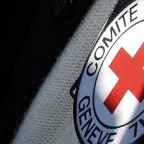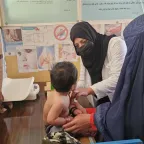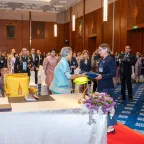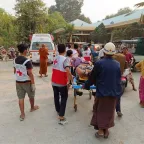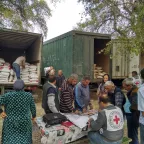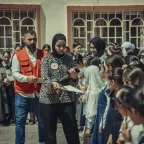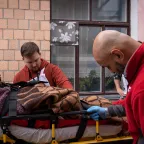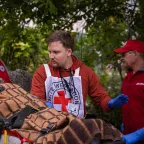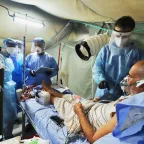Israel and the Occupied Territories: Key Facts and Figures (07 October 2023 – 31 July 2025)
… charitable organization and Ministry of Health and their Forensics Department, as well … humane treatment, access to adequate health care, ability to re-establish contact with … better understanding of weapon contamination dangers and weapon recognition abilities. …

